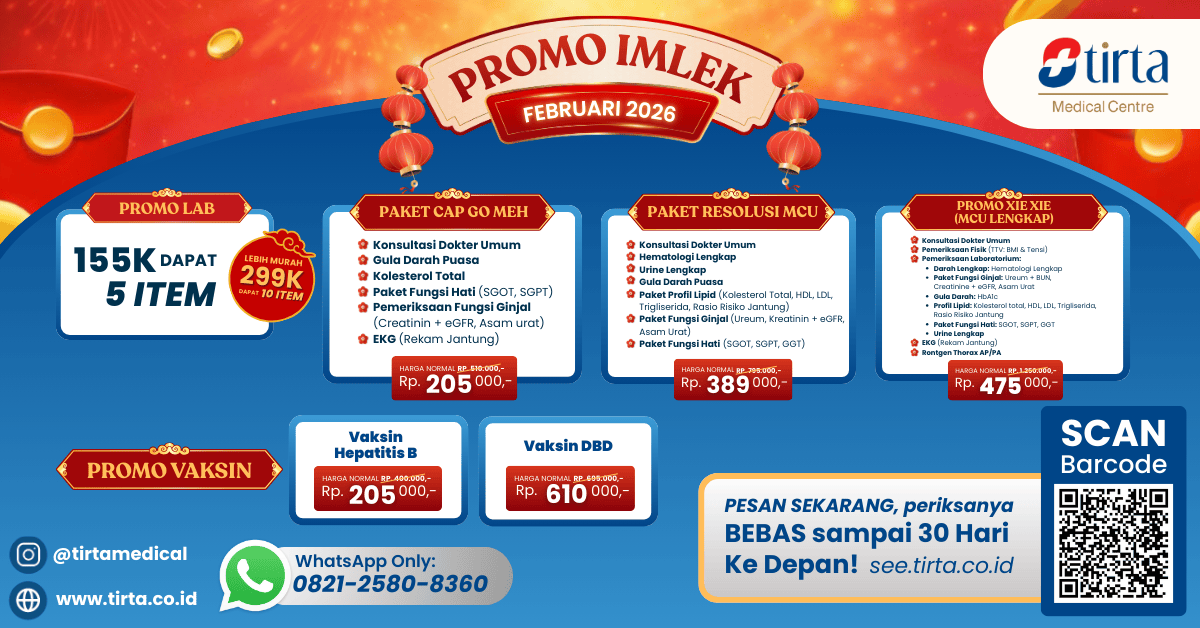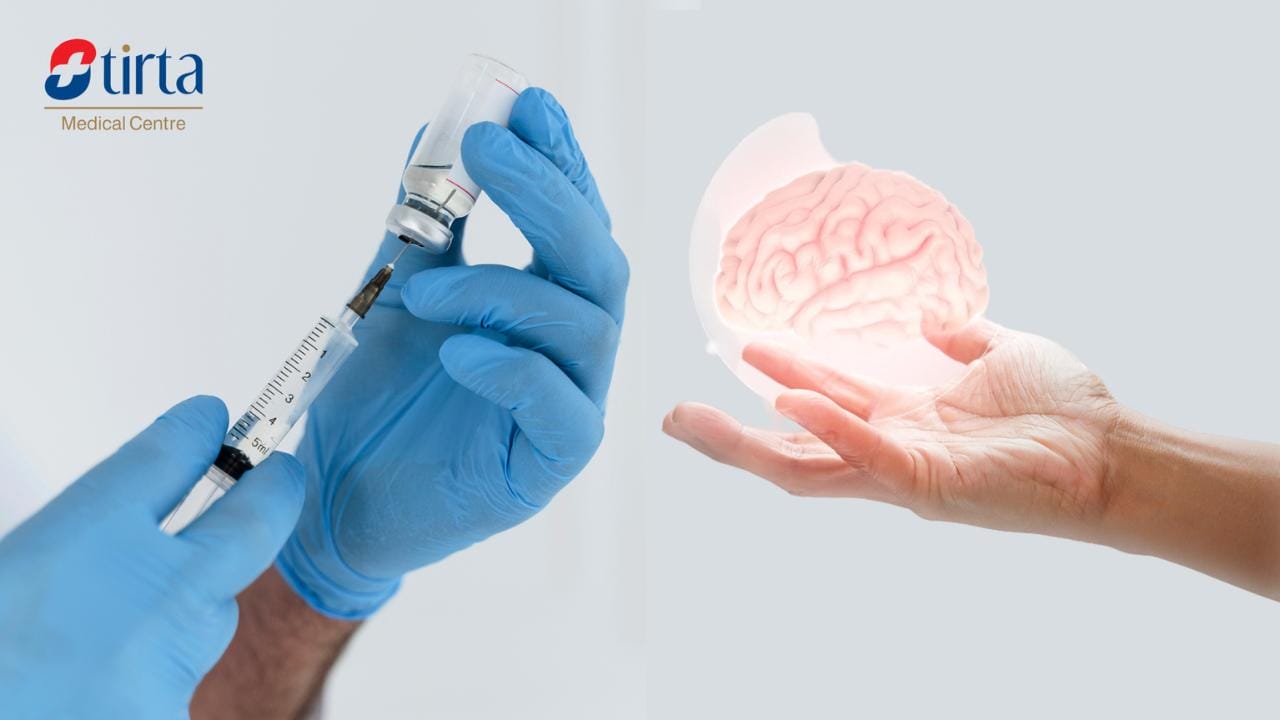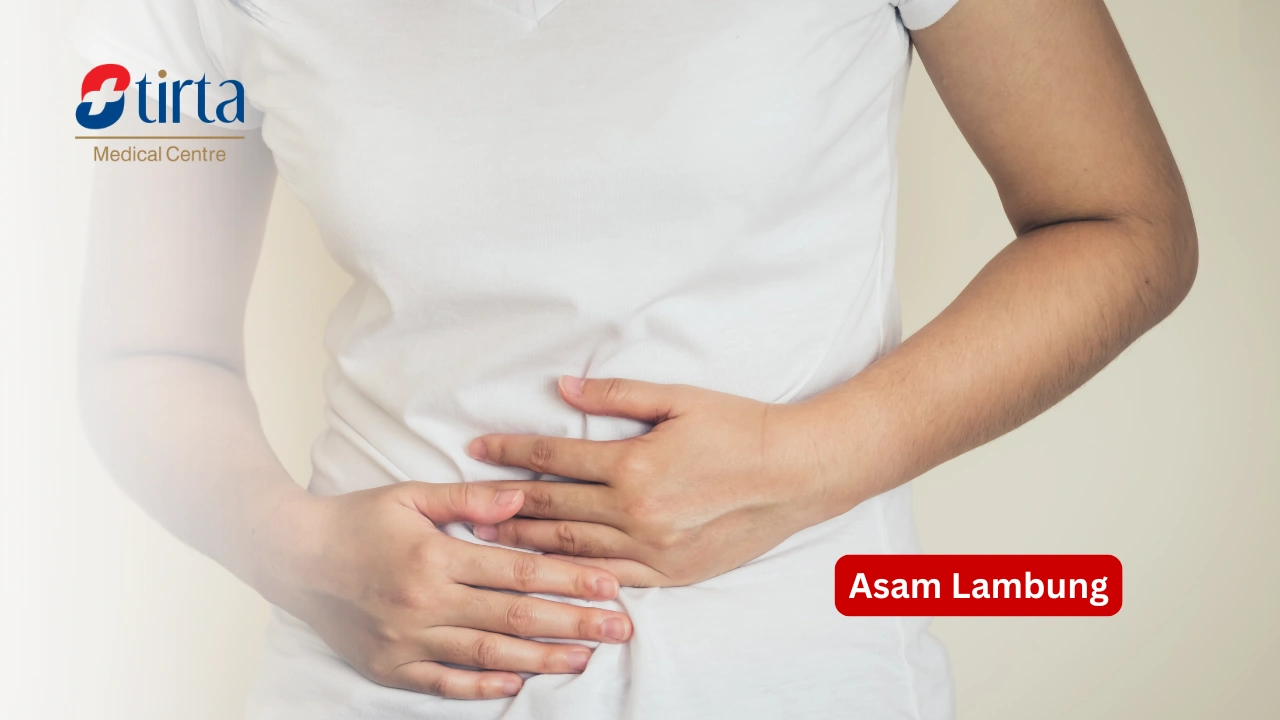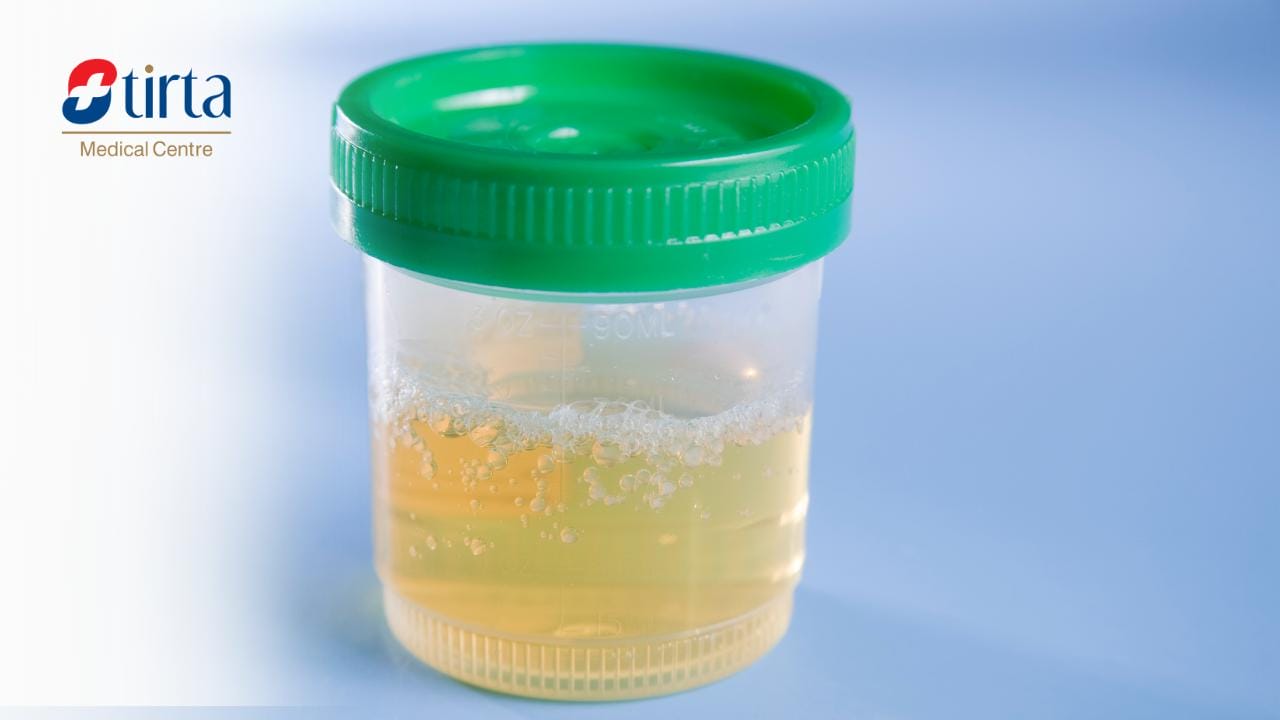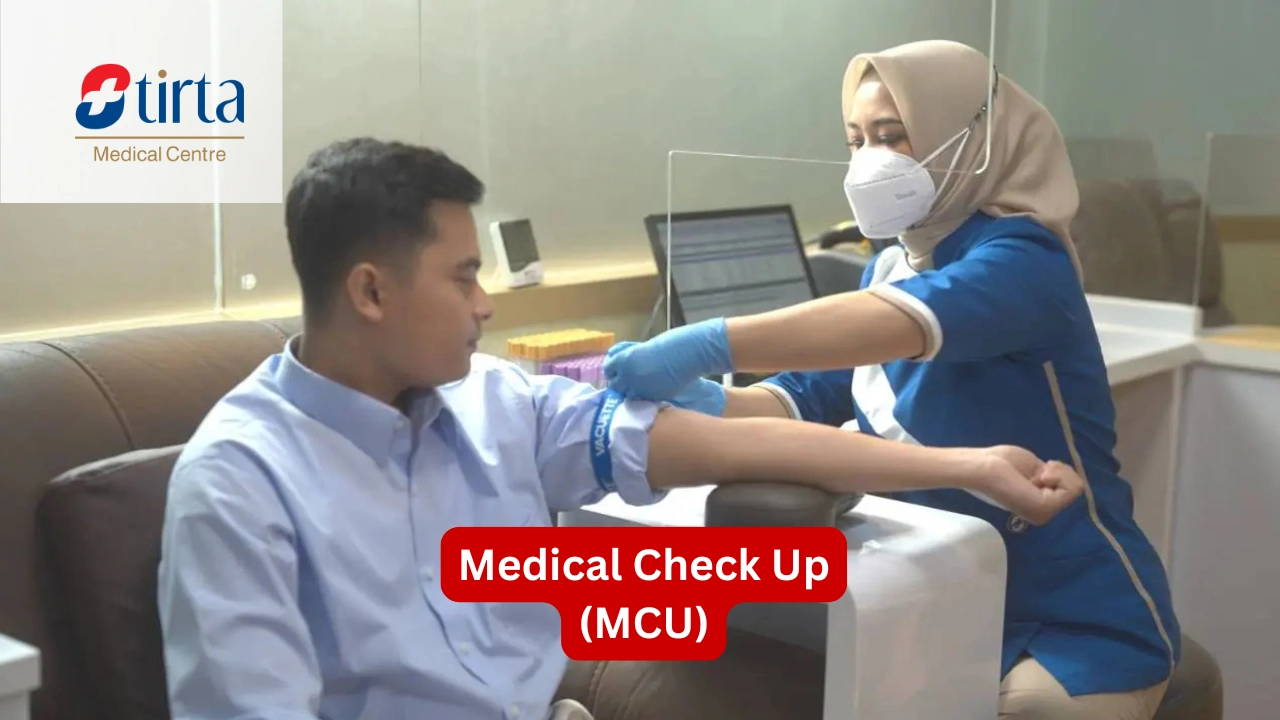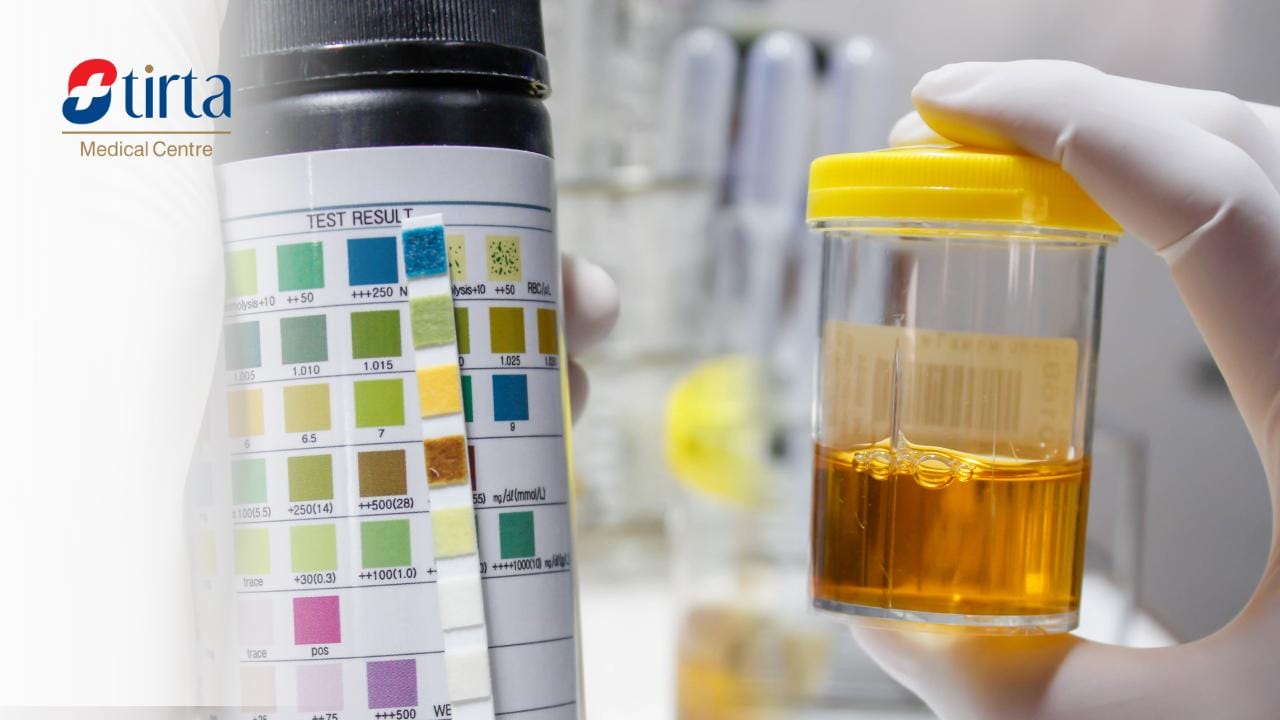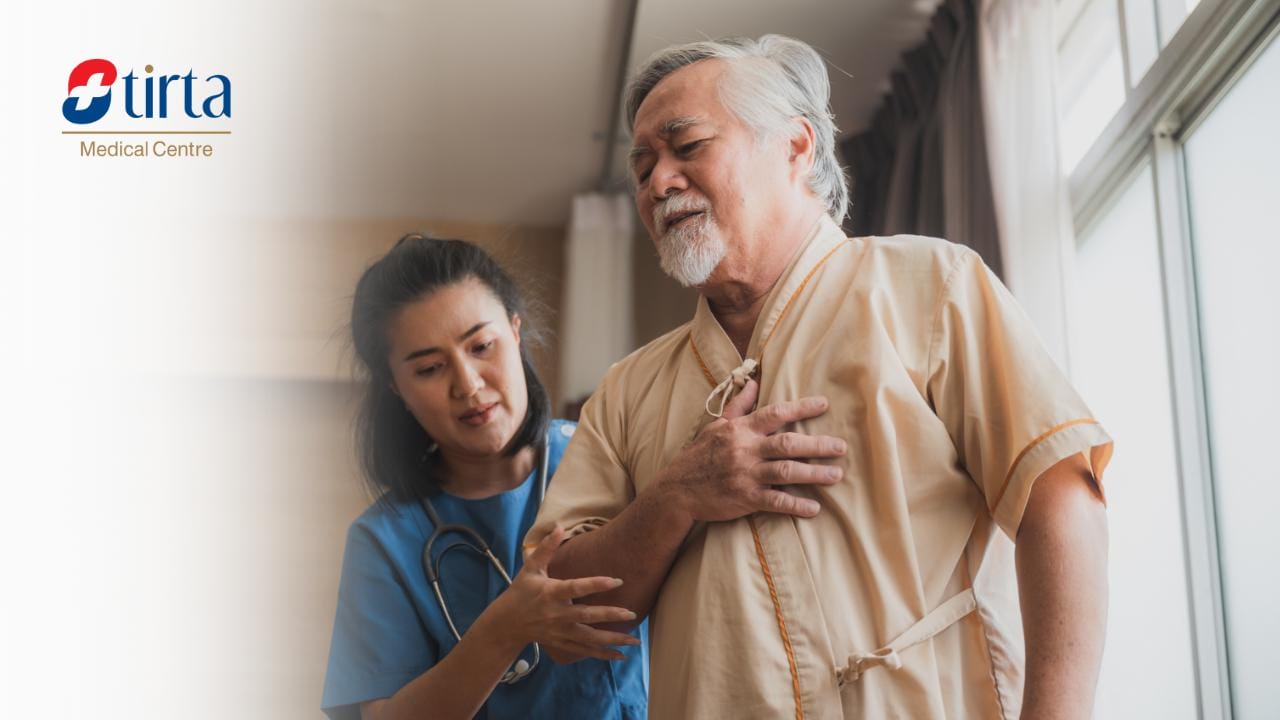It is important to understand different aspects of the meningitis vaccine to raise awareness about the importance of preventive health. This vaccine has been key in preventing meningitis, a disease that can be fatal if not addressed quickly and accurately.
People at risk and the community in Indonesia need to know about the meningitis vaccine. Meningitis vaccine explained: benefits, purposes, procedures, timing, and costs.
What is the Meningitis Vaccine?
The meningitis vaccine prevents a serious condition that causes inflammation of the protective membranes covering the brain and spinal cord. The vaccine works by triggering the body’s immune response to microorganisms that can cause this disease.
Meningitis can be caused by viruses, bacteria, or fungi. Vaccines mainly target bacterial meningitis, which is the most severe and can be fatal.
The types of bacteria that often cause bacterial meningitis and are targeted by vaccination include Neisseriameningitidis, Streptococcus pneumoniae, and Haemophilus influenzae type b.
The meningitis vaccine is made from small parts of the bacteria or inactive versions of the bacteria that cannot cause illness. The immune system learns how to identify and combat these bacteria if encountered again, which stops infection or lessens its impact.
Benefits of the Meningitis Vaccine
Here are some benefits of the meningitis vaccine that you should know:
1. Prevention of Bacterial Meningitis
The meningitis vaccine is highly effective in preventing meningitis caused by bacteria, which tends to be more severe and fatal. This reduces the risk of bacterial infections that can cause serious inflammation of the brain and spinal cord membranes.
2. Reduction in the Risk of Serious Complications
Administering the meningitis vaccine can significantly mitigate the likelihood of enduring lasting repercussions, such as hearing loss, nerve damage, brain damage, and cognitive and learning disorders.
3. Community Protection
In addition to protecting vaccinated individuals, meningitis vaccination also reduces the number of disease-causing bacteria in the population, helping to prevent the spread of the disease among many people.
4. Protection for Travel
Meningitis shots are crucial for individuals traveling to areas with high meningitis incidence rates, such as Hajj and Umrah, where the risk of transmitting meningitis is high.
Purposes of the Meningitis Vaccine
Here are some purposes of the meningitis vaccine that you should know:
1. Preventing Outbreaks
Vaccination can be very effective in preventing or reducing the severity of meningitis outbreaks in dense communities such as schools, universities, and offices.
2. Protection for High-Risk Groups
Meningitis vaccination specifically aims to protect individuals in high-risk groups, including healthcare workers, students living in dormitories, children in daycare centers, and travelers.
3. Requirements for International Travel
Some countries require proof of meningitis vaccination as part of health requirements for issuing visas, especially for pilgrims planning for Hajj or Umrah.
4. Public Health Awareness
Meningitis vaccination campaigns also aim to raise public awareness about the importance of vaccination and the prevention of communicable diseases in the community.
Types of Meningitis Vaccines
Meningitis, which is inflammation of the brain and spinal cord membranes, can be prevented by immunization. There are several types of meningitis vaccines designed to protect against various strains of Neisseriameningitidis, a common cause of the disease.
1. Meningococcal Conjugate Vaccine (MCV4)
This vaccine protects against four major groups of meningococcal bacteria: A, C, W, and Y. It is recommended for children and adolescents as well as adults at high risk for meningitis.
This vaccine is often a requirement for those traveling to areas where meningococcal meningitis is common, including Hajj and Umrah pilgrims.
2. Meningococcal Polysaccharide Vaccine (MPSV4)
MPSV4 also offers protection against groups A, C, W, and Y. This vaccine is typically given to adults over 55 who have not previously received MCV4 or who need immediate protection due to travel to endemic areas.
3. Meningococcal B Vaccine (MenB)
MenB is designed to protect against group B meningococcus, which is not covered by MCV4 or MPSV4. This vaccine is generally recommended for individuals aged 10 and older who are in high-risk environments or have certain medical conditions.
Meningitis Vaccine Procedure
Understanding the meningitis vaccination procedure is a crucial step to ensure the safety and effectiveness of vaccination. Here are the detailed steps followed during the meningitis vaccination process.
1. Pre-Vaccination Consultation
Before administering the vaccine, medical staff will conduct a health examination and ask about any allergy history to ensure there are no contraindications to the vaccine.
2. Vaccine Administration
The meningitis vaccine is usually administered intramuscularly in the upper arm muscle. The process is quick and performed by trained healthcare professionals.
3. Doses and Schedule
The meningitis vaccine may involve multiple doses depending on age and vaccine type. For example, the MenACWY vaccine often requires a booster in adolescents, while MenB is administered as needed based on medical assessment.
4. Post-Vaccination Monitoring
After vaccination, patients may be asked to stay in the healthcare area for 15-30 minutes to ensure there are no allergic reactions or immediate side effects.
When Should You Get the Meningitis Vaccine?
Determining the right time for meningitis vaccination is crucial to maximize its effectiveness. Here are guidelines on when to get the meningitis vaccine.
1. In Children and Adolescents
Vaccination typically starts at ages 11-12, with a booster given at age 16 to enhance and extend protection.
2. When at High Risk
High-risk individuals, including those living in dormitories, working in healthcare facilities, or traveling to endemic areas, should get vaccinated.
3. Before Special Events
The meningitis vaccine is also recommended for people planning to participate in large gatherings such as Hajj or Umrah, where the risk of transmission is higher.
4. Under Special Conditions
Individuals with certain medical conditions that increase the risk of meningitis, such as asplenia or immune disorders, should consult with their doctor for an appropriate vaccination schedule.
Is the Meningitis Vaccine Mandatory for Hajj & Umrah?
Meningococcal meningitis vaccination is mandatory for those performing the Hajj and Umrah rituals. This policy is in place to prevent the spread of meningococcal disease among pilgrims coming from various countries with varying health and vaccination statuses.
The World Health Organization and the Saudi Arabian government mandate this vaccination as part of health requirements to minimize the risk of a meningitis outbreak, as per the diplomatic note from the Embassy of the Kingdom of Saudi Arabia dated May 20, 2024, through the Ministry of Foreign Affairs number 211-4239.
The Saudi Arabian Ministry of Health has updated the health regulations for Hajj and Umrah through Health Requirements and Recommendations for Travelers to Saudi Arabia for Hajj – 1445H (2024), accessible here: Saudi MOH Guidelines.
All Umrah and Hajj pilgrims in Indonesia must receive the meningitis vaccine before they can depart. This requirement is stated in Circular HK.02.02/A/3717/2024 from the Ministry of Health.
Can Children Receive the Meningitis Vaccine?
The meningitis vaccine is highly recommended for children. Health organizations like the CDC (Centers for Disease Control and Prevention) recommend the meningococcal vaccine at ages 11 to 12, with a booster dose at age 16.
Administering the meningitis vaccine to children can protect them from the most severe types of the disease and minimize its spread in schools, families, and other communities.
Meningitis Vaccine Prices at Tirta Medical Centre (TMC)
Tirta Medical Centre provides meningitis vaccination services for children, adolescents, and adults following strict health service standards. Current meningitis vaccine prices at Tirta Medical Centre are:
- Menivax: Rp 330,000 Nett/Person
- Formening: Rp 425,000 Nett/Person
- Menactra: Rp 870,000 Nett/Person
Note: Contact Tirta Medical Now as Meningitis Vaccine Costs May Change.
TMC can issue the yellow ICV book for Hajj, Umrah, and other international travel purposes. This vaccination service uses vaccines registered and approved by health authorities in Indonesia.
In addition to the meningitis vaccine for Hajj and Umrah, vaccinations for Influenza and Pneumonia are also recommended. Tirta Medical is a safe choice for you if you need vaccinations, including preparations for Hajj, Umrah, or other preventive health needs if you plan to travel abroad.
Reference:
- CDC. Accessed 2024. Meningococcal Vaccination.
- WHO. Accessed 2024. Meningitis.
- Healthline. Accessed 2024. Understanding the Meningitis Vaccine: What It Is and When You Need It.
- Medical News Today. Accessed 2024. What to know about meningitis vaccines.
- CDC. Accessed 2024. Vaccine (Shot) for Meningococcal Disease.
- NHS. Accessed 2024. Vaccination Meningitis.

